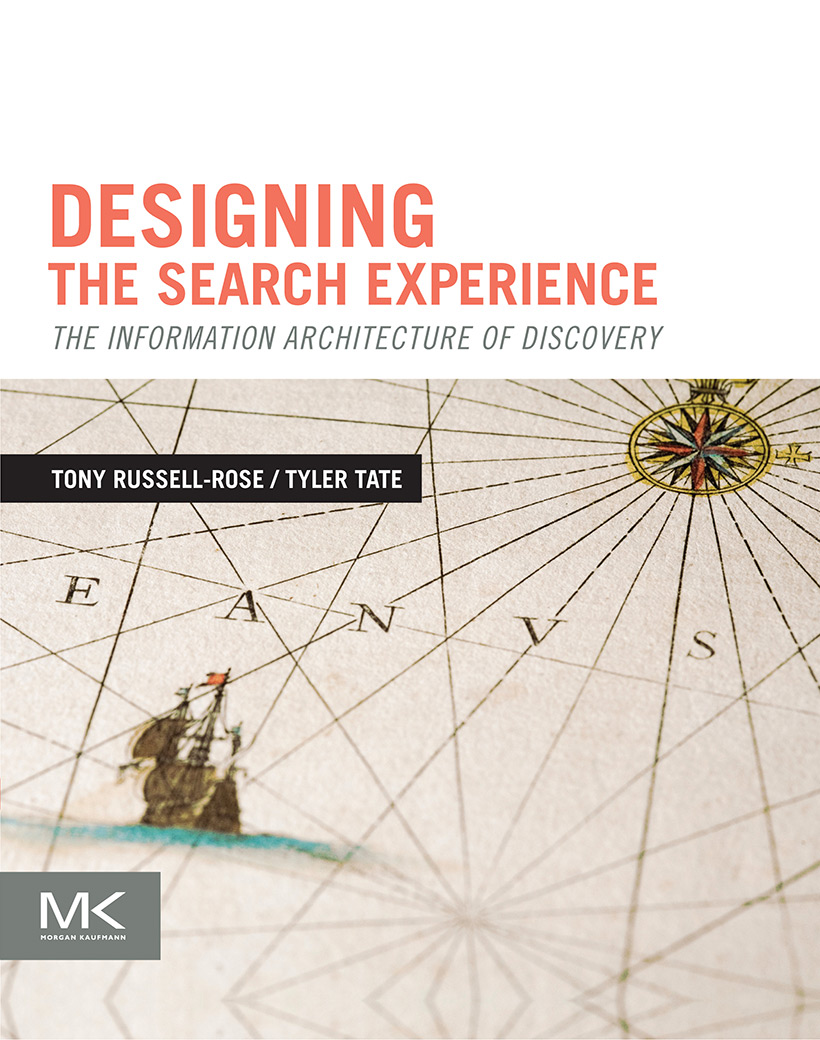 Most of us who work on digital products are familiar with the concept of A/B or multivariate testing – the process of exposing users to multiple variations of a design concept and using their aggregate behaviour to identify the optimal design, based on a predefined set of metrics. By gathering data across thousands of individual user sessions, multivariate testing can provide a rigorous evidence base for principled decision making. In principle, such data-centric, quantitative research techniques can be highly complementary to the more qualitative, user-centric research techniques typically associated with the UX profession.
Most of us who work on digital products are familiar with the concept of A/B or multivariate testing – the process of exposing users to multiple variations of a design concept and using their aggregate behaviour to identify the optimal design, based on a predefined set of metrics. By gathering data across thousands of individual user sessions, multivariate testing can provide a rigorous evidence base for principled decision making. In principle, such data-centric, quantitative research techniques can be highly complementary to the more qualitative, user-centric research techniques typically associated with the UX profession.
Posts Tagged ‘User-centered design’
Who needs UX professionals anyway?
Posted in User experience, tagged A/B testing, HCI, human factors, interaction design, Usability testing, User-centered design on January 11, 2017| 3 Comments »
Five myths of the UX design process
Posted in Search, User experience, tagged HCI, human factors, interaction design, Scenario, UCD practice, Usability testing, User-centered design on November 12, 2013| 2 Comments »

ISO 9241-210: Human-centred design for interactive systems
Since founding UXLabs I’ve been involved in all sorts of design projects: both large and small, from simple to complex, start-up to corporate. In that time I’ve noticed some practices that seem to work well, and an even greater number that don’t. In this post I summarise a few as slightly tongue-in-cheek ‘myths’ of the UX design process. I should point out that the specifics here refer to UX projects that involved some element of search or information discovery, but the principles themselves apply much more broadly.
Search that sucks
Posted in Search, User experience, tagged Anti-pattern, Design Patterns, Information Discovery, Information Retrieval, interaction design, usability, User-centered design on April 16, 2013| 11 Comments »
 OK, I know it’s a bit of a provocative (and frivolous) title, but it was either that or “Anti-patterns for Search”, which is somewhat less transparent… Anyway, the point is that although this site focuses on sharing best practices for search usability and user-centred design in general, we sometimes learn more by studying examples of the opposite, i.e. poor practice. The thing about UX design is that when executed well it fades into the background, letting us get on with the task at hand and not worry about the machinery of the interaction. It isn’t until we encounter flawed design that we are jolted out of our flow and forced to make choices that don’t seem to fit with either our expectations or the natural course of our activity.
OK, I know it’s a bit of a provocative (and frivolous) title, but it was either that or “Anti-patterns for Search”, which is somewhat less transparent… Anyway, the point is that although this site focuses on sharing best practices for search usability and user-centred design in general, we sometimes learn more by studying examples of the opposite, i.e. poor practice. The thing about UX design is that when executed well it fades into the background, letting us get on with the task at hand and not worry about the machinery of the interaction. It isn’t until we encounter flawed design that we are jolted out of our flow and forced to make choices that don’t seem to fit with either our expectations or the natural course of our activity.


